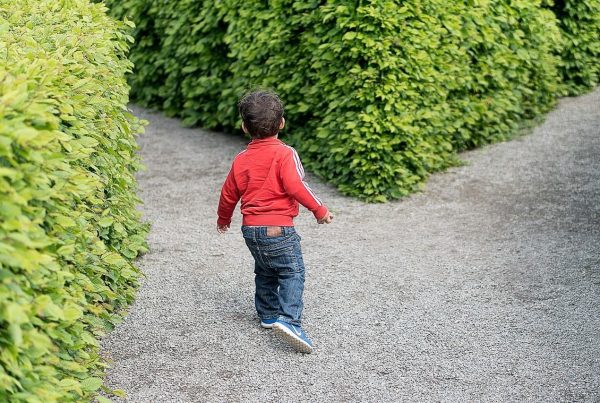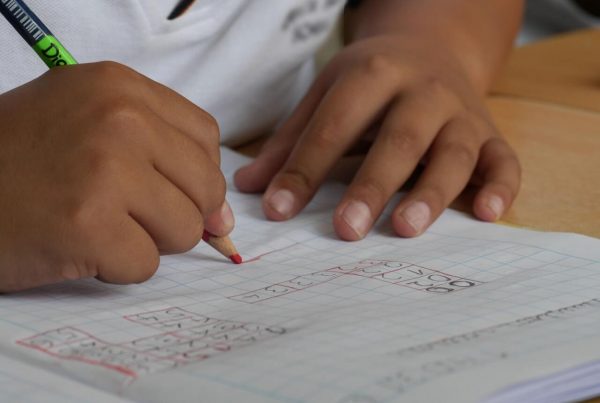
Child development experts agree that youngsters are innately curious — about people, animals and their surroundings. They also agree that a child’s ability to learn and the rate of learning is most phenomenal from birth through the first few years of childhood. Before a child starts school, he or she will have made an astonishing number of individual discoveries, and developed a basic mindset that determines how they face life as an adult. Since lifelong skills, talents, and interests become innate from an early age, it’s important to provide opportunities to nurture critical thinking skills early on. Additionally, because critical thinking for kids is developed through creative and interactive play and discovery early in life, it must not be neglected.
Why Critical Thinking Is Important
In today’s fast-paced world, it is more important than ever before for individuals to learn how to assess data, identify options, reach logical conclusions, make beneficial personal choices, act responsibly, understand consequences, and think for themselves.
Even toddlers demonstrate the ability to process basic information, and can be encouraged to practice higher-level learning skills in preschool by emphasizing how to analyze, compare, contrast and make sense of everything they encounter. Creative play, books and stories, words, pictures, objects, toys and games are all part of the process.
There are many ways parents can provide such opportunities for their children to develop critical thinking skills at an early age. For instance, the principle of cause and effect helps children think of options, decisions, and consequences. It reinforces that making choices is a part of life. By teaching a child to follow rules, the child understands structure and procedure. When a rule is broken, the child also begins to think about consequences to their actions, which facilitates the use of critical thinking skills.
When children are innately capable of thinking critically, they’re able to reason outside the box, prioritize decisions, and think for themselves. In essence, they become effective, independent thinkers.
Ways to Encourage Critical Thinking Skills
In the past, children were encouraged to explore and discover on their own within a protective and nurturing community of adults. Though, we have become evermore shielding of our children’s individual explorations in today’s world, it’s nevertheless important for parents, caregivers, and educators to provide an atmosphere that focuses on the development of critical thinking skills.
To encourage critical thinking skills, parents must shift their focus to the following guidelines:
- Prioritize Freedom within Structure: Encourage your child to explore and make choices within options provided. “What fruits would you like after dinner? We have apples, blueberries, and grapes.”
- Encourage Individual Play: Children make the most of their creative imaginations when given the space to be bored, which encourages independent critical thinking.
- Be Creative: Look for faces and animals in the clouds; plan backyard treasure hunts; cook with your child.
- Ask Questions: The more the better, and always ask why? Follow your child’s lead.
- Let the Child Lead: Rather than always giving directions, let your child lead you occasionally. Allow chocolate sauce on a hot dog, or mustard on ice cream if that’s what it takes!
- Be Silly: Play and laugh with your child. Embrace the unexpected: Make mud pies, turn somersaults, and eat spaghetti with your fingers!
- Avoid Premature Intervention: Allow the child to see the natural consequences of some actions, whether it’s a bruised finger or bed without dinner.



